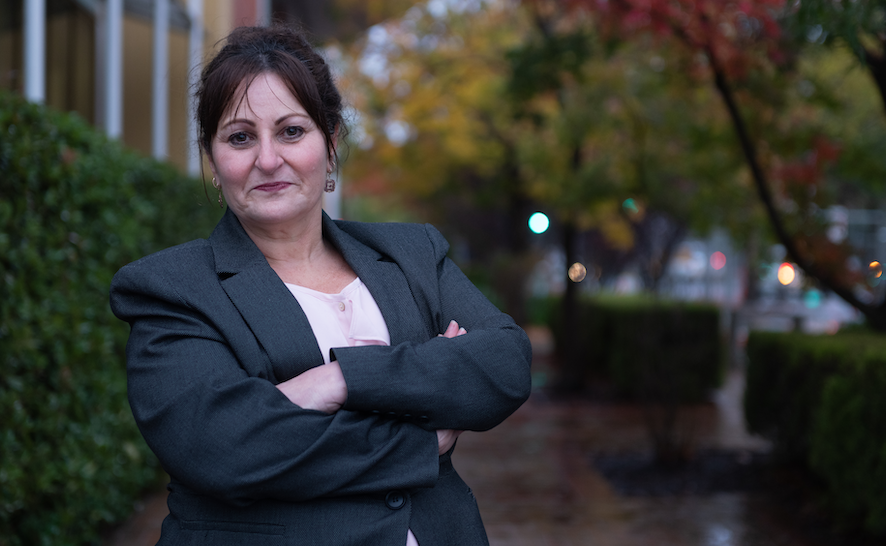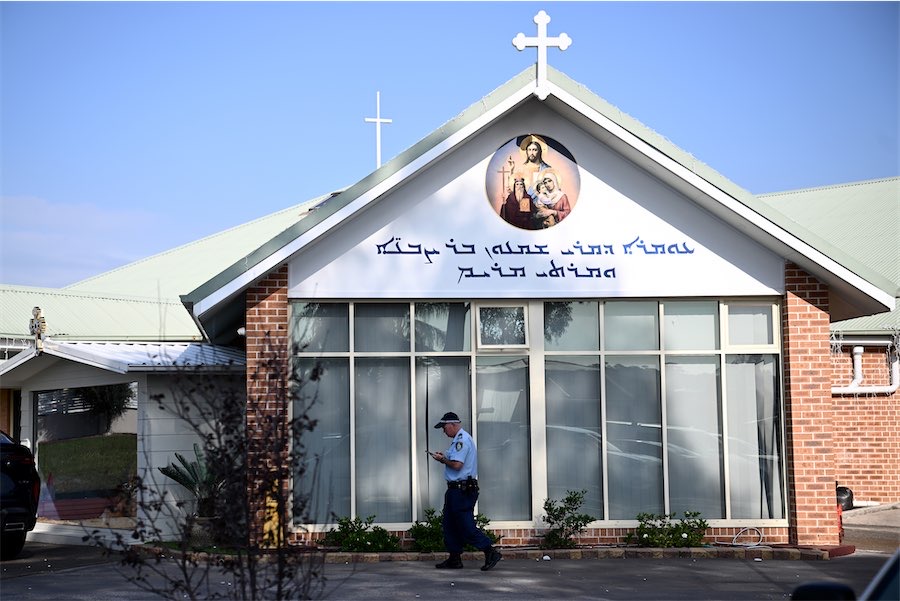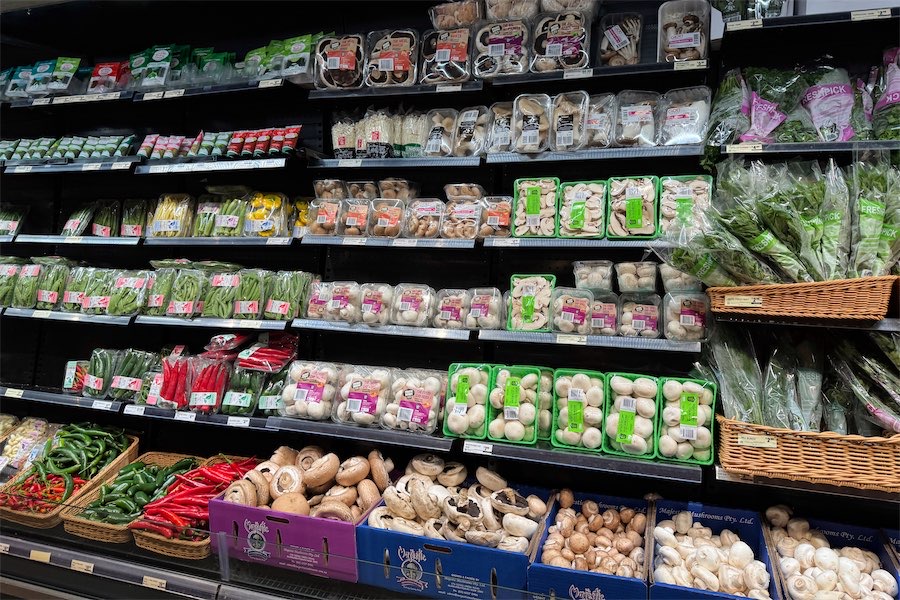
THE appointment of Canberra’s new safety commissioner comes at a time where there’s lots of changes for WorkSafe ACT, but Jacqueline Agius says she’s up for the hard work ahead.
She started on April 28, replacing Greg Jones, who retired after five years in the job.
But she’s not the only new thing about WorkSafe ACT, which became a statutory body on April 30, following the 2018 “Independent review of the ACT’s work safety compliance infrastructure, policies and procedures”.
The review made 27 recommendations, and part of Jacqueline’s role as the commissioner will be to ensure these recommendations are implemented, she says.
“There’s lots of challenges and hard work ahead,” says Jacqueline, but she believes the changes to WorkSafe ACT will eliminate any outside influence.
“There’s been a view that because the commissioner hasn’t been the regulator, there’s been limited power to enact change.
“All the decisions can now be made by the commissioner. The good thing about this is there can be no influence by the government, no influence by unions and no influence by the business community.
“The only influence there will be on decision making is the legislation and the regulations, which is an exciting prospect because application of the legislation must be the focus of the commissioner.”
But, she is a big believer in developing strong relationships with businesses, unions and government to achieve cultural change, which she thinks is necessary.
It’s something she has fought for during her previous job as the senior industrial officer with the Australian Education Union, ACT Branch.
“When I began working at the AEU I [was] exposed to stories of occupational violence that our members were sharing with us,” she says.
This was incredibly frustrating for Jacqueline who, as a teacher 26 years ago, was the victim of a “significant” occupational violence incident at the school she was working at.
“At the time, my employer’s focus was protecting their organisation rather than the wellbeing of the staff who were affected by the incident,” she says.
“I loved teaching and I loved the students I worked with. It was traumatising because I found myself questioning what my chosen profession was.
“So I went and became a lawyer and worked in the ACT as a criminal defence lawyer.
“There were so many people that I represented that ended up in the position they were in because they were marginalised from society.
“There were some very sad experiences for me. I repeatedly represented a woman who was homeless, who was continuously charged with driving without a licence, but she was living in her car and couldn’t afford to pay for those things.
“Eventually she ended up in prison, and you think ‘wow’ if we had provided a house for that person they would have never ended up in jail.”
Crushed by a number of these clients with similar stories, Jacqueline felt she was no longer achieving any significant change or contributing to society in a positive way.
That was when she moved to the Australian Education Union, realising that there were still issues in schools from when she was a teacher.
“It was incredibly frustrating because between the years of when I was a teacher and when I started working for the union there were significant developments in work health and safety legislation,” she says.
“I was looking at this and thinking, ‘hang on, it looks like work health and safety has moved significantly in this community but not in education systems’. I decided we needed to do something about it.
“Part of the problem was a cultural view across Australia that occupational violence is just part of the job and teachers just ‘suck it up’.”
Jaqueline saw that cultural change needed to be made in schools, and to help make that change she joined the Work Safety Council in 2016.
After making change in the ACT public education system, Jacqueline now wants to make cultural change as the Work Safety commissioner.
“Cultural change is the hardest to achieve and requires a shared mindset,” she says.
“Clearly in the ACT we’ve had some issues with work health and safety. We saw the two deaths earlier in the year at Denman Prospect. We know that the track history, particularly in the area of construction in the ACT is not good.”
Compared to other states and territories, in 2016/17, Jacqueline says the ACT had the most serious injuries in construction, healthcare services and retail.
“It is concerning,” she says.
“We need to be more proactive. Compliance and enforcement will be a real focus.”
Jacqueline, who has only been in the position for two weeks, says she’ll look at the organisation from the inside, and many of her remarks are as an outsider.
But, she says: “I absolutely would like to see psychosocial injuries added from a work health and safety perspective.”
“I absolutely would like to see improvements in the construction industry in relation to work health and safety,” she says.
“I would like to see compliance to work health and safety legislation in the people’s services industry. I think work health and safety has had a focus on construction because it’s high risk but it means other industries haven’t been as compliant as they should be.”
Who can be trusted?
In a world of spin and confusion, there’s never been a more important time to support independent journalism in Canberra.
If you trust our work online and want to enforce the power of independent voices, I invite you to make a small contribution.
Every dollar of support is invested back into our journalism to help keep citynews.com.au strong and free.
Thank you,
Ian Meikle, editor





Leave a Reply